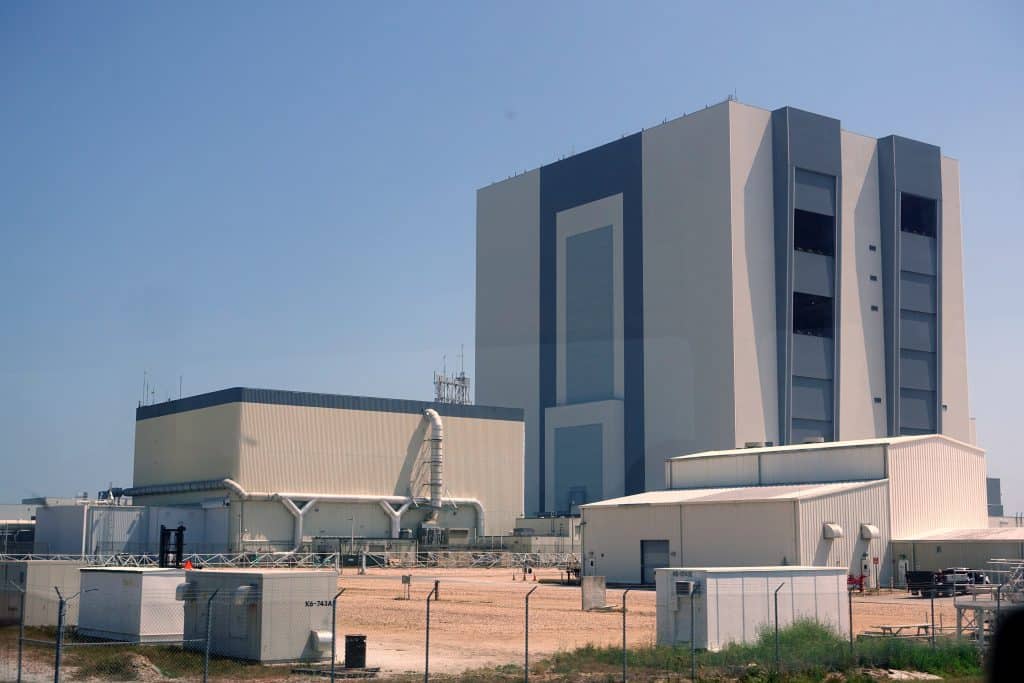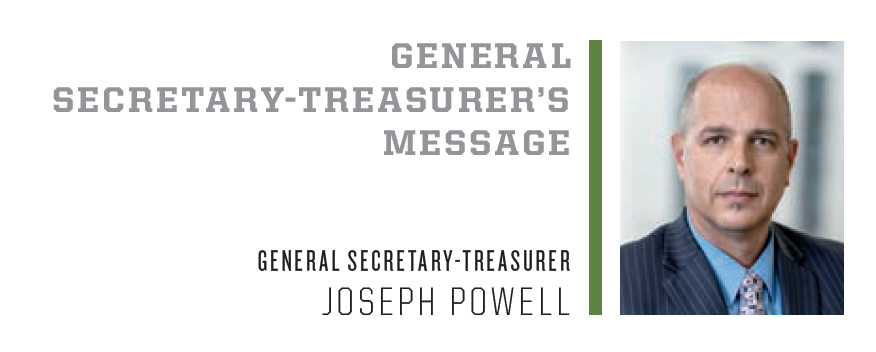Davis-Bacon prevailing wage rates set minimum pay and benefit standards on federal construction projects, based on surveys of wage rates in the area. This ensures that contractors bidding on those jobs can’t undercut area standards — putting skilled, well-trained construction workers (including SMART members) on projects. In many places, prevailing wage laws provide union-won pay and training standards to local workers, benefiting local communities and working families.
Prevailing wage rates also help SMART members at the bargaining table. When contractors across a local area are required to provide strong, family-sustaining pay and benefits, local unions can negotiate for the contracts members deserve without worrying about bad-faith companies pricing out high-road employers and lowering area working standards.
That’s why SMART fights for strong prevailing wage laws at the local level, and to strengthen the Davis-Bacon and Related Acts in the federal government. Because unfortunately, SMART members are just as impacted when prevailing wage rates are lowered.
A recent example from Florida: For decades, the United States Department of Labor has used one Davis-Bacon wage determination for construction work at the Cape Canaveral Air Force Station, Patrick Air Force Base, Kennedy Space Center and Malabar Radar Site — known altogether as Cape Canaveral — and another for Brevard County, Florida. The Cape Canaveral wage determination reflected union-won rates for all classifications, ensuring contractors bidding on work were paying strong, union-negotiated packages (and helping signatory contractors and members win more work). The Brevard County wage determination does not reflect those rates. Most of the rates on the Brevard County wage determination are low rates that haven’t increased substantially for more than 10 years.

Earlier this summer, the new administration’s Department of Labor announced that the Cape Canaveral prevailing wage rate would be replaced, effective July 4, 2025, by the lower Brevard County rate.
“Unfortunately, this is a decision that will affect SMART members in the near future and for many years ahead,” said SMART General President Michael Coleman. “The high standards contractors previously met at Cape Canaveral have now been lowered, opening the door for companies to bid on work without paying workers what they deserve. That’s the immediate impact. And in future negotiations, local unions in the area won’t have the foundation of strong prevailing wages to stand on when bargaining for the pay and benefits that our members earn.”
“SMART members and their fellow construction workers at Cape Canaveral are doing vital work to support our nation,” he added. “Undermining that just doesn’t make sense.”
Canada sets the standard
The disappointing actions by the United States Department of Labor and Congress contrast sharply with the current policy that SMART members enjoy in Canada.
In the U.S., the spending bill President Trump signed into law gets rid of a variety of work-creating tax credits. In Canada, similar tax incentives known as Investment Tax Credits offer companies a 30–40% credit for investments in clean technology, hydrogen production and carbon capture. These green economy credits are designed to drive investment toward sustainable energy projects. What sets them apart, however, is their strong labour standards. To qualify, employers must ensure that at least 10% of total work hours are performed by registered apprentices and that all construction workers are paid the prevailing wage — which includes health and welfare benefits as well as pension contributions.
In other words, this represents the strongest definition of prevailing wage ever implemented in Canadian labour history, utilizing the union definition of prevailing wage.
“It’s simple: Thanks to these incredibly strong standards, SMART Canada members will be put to work and Canadian families will benefit. No question,” General President Coleman said. “We applaud the Government of Canada for putting working families first, and we will continue to work with state and federal governments in the U.S. to win policies that benefit our members and their families.”


